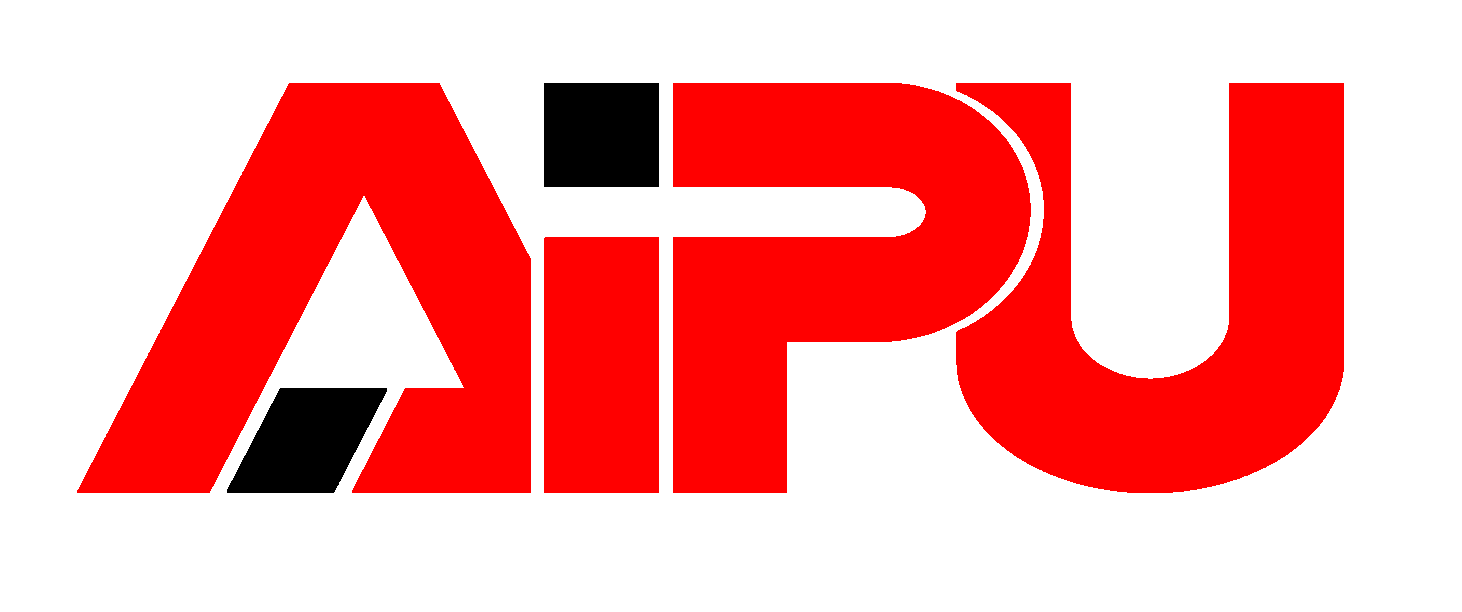Liquid Mud Plants (LMPs) play a crucial role in the oil and gas industry, particularly in drilling operations. These facilities are specifically designed for the production, storage, and handling of drilling fluids, including synthetic oil-based mud (SBM) and brines. As the demand for efficient and sustainable drilling practices increases, LMPs are evolving to meet the challenges of modern drilling operations.
Overview of Liquid Mud Plants
Liquid Mud Plants are strategically located near drilling sites to facilitate the rapid supply of drilling fluids. Their primary functions include mixing, storing, and delivering various drilling fluids to offshore and onshore operations. The LMPs are equipped with advanced technology to ensure that the drilling fluids maintain their properties throughout the drilling process, which is vital for the stability and efficiency of drilling operations.
Key Components and Operations
An LMP typically includes several critical components:
-Mixing Tanks: These are used to prepare drilling fluids by combining various additives and base fluids to achieve the desired properties. For example, in a typical LMP, there might be multiple tanks dedicated to oil-based mud and brine mixing.
-Storage Facilities: LMPs contain large storage tanks that hold significant volumes of drilling fluids. This ensures that there is always a ready supply available for ongoing operations.
-Fluid Transfer Systems: Efficient fluid transfer systems, including centrifugal pumps, are essential for moving fluids between tanks and to supply vessels. This capability allows for quick delivery and minimizes downtime during drilling operations.
-Laboratory Facilities: Many LMPs are equipped with laboratories to test the properties of drilling fluids. This ensures that the fluids meet the required specifications before they are sent to the drilling site.

Sustainability and Efficiency Initiatives
As the oil and gas industry faces increasing scrutiny over environmental impacts, LMPs are adopting sustainability practices. The "3R" approach—Reduce, Reuse, and Recycle—has become a guiding principle for many LMPs. This involves:
1.Reducing Disposal Volumes: By implementing fluid recovery techniques, LMPs can minimize the waste generated during drilling operations. This includes reconditioning used fluids for reuse.
2.Reusing Fluids: LMPs are designed to facilitate the reuse of drilling fluids, which not only conserves resources but also reduces costs associated with purchasing new fluids.
3.Recycling Materials: Many LMPs are now equipped to recycle solid waste generated during drilling, further enhancing their sustainability profile.
Technological Advancements
The design and operation of LMPs are continually evolving due to advancements in technology. Companies are investing in automation and digital solutions to enhance operational efficiency and safety. For instance, automated mixing and monitoring systems allow for precise control over fluid properties, reducing the risk of human error and increasing the speed of service.
Additionally, the integration of data analytics helps LMP operators track performance metrics, identify inefficiencies, and implement improvements. This data-driven approach is essential for optimizing fluid management and enhancing the overall productivity of drilling operations.
Challenges and Future Directions
While LMPs are essential for modern drilling operations, they also face several challenges. The initial capital investment required to establish an LMP can be significant, particularly in remote locations where infrastructure is lacking. Moreover, the operational complexities associated with managing large volumes of fluids and maintaining quality standards can lead to hidden costs and inefficiencies.
To address these challenges, the industry is focusing on innovative designs that incorporate Lean manufacturing principles. This approach aims to eliminate waste and streamline operations, ultimately reducing costs and improving service delivery.
Furthermore, as offshore drilling continues to expand into deeper waters, the demand for more sophisticated LMPs will grow. Companies are exploring mobile LMP solutions, such as liquid mud plant barges, which can be deployed closer to drilling sites, thereby reducing transportation times and costs.
Liquid Mud Plants are a vital component of the drilling industry, providing the necessary infrastructure for the efficient management of drilling fluids. As the industry evolves, LMPs are adapting to meet new challenges through technological advancements and sustainability initiatives. By focusing on efficiency, safety, and environmental responsibility, LMPs will continue to play a critical role in supporting the oil and gas industry's future.











